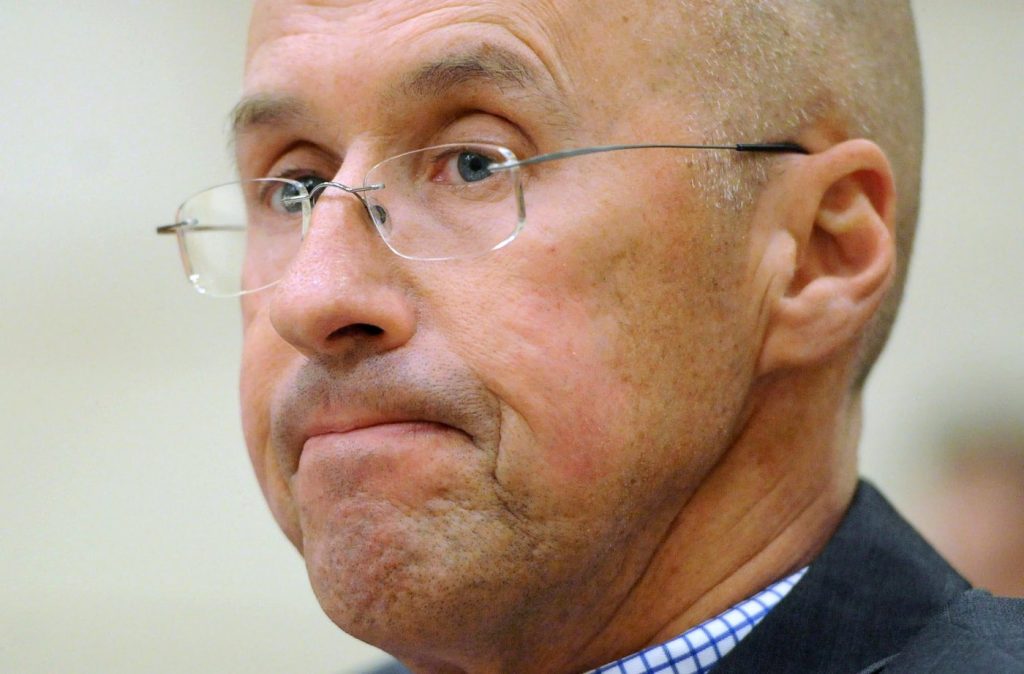Canada’s former parliamentary budget officer Kevin Page and the head of the International Monetary Fund (IMF) say the federal government has enough fiscal room to run larger deficits in the upcoming budget, countering warnings from the current fiscal watchdog.
Page, now president of the Institute of Fiscal Studies and Democracy at the University of Ottawa, argued in a Policy Magazine article this week that the country is at a “hinge moment” that requires bold fiscal action. He said Prime Minister Mark Carney’s fall budget must inspire public confidence through substantial investments in key areas such as defence and infrastructure, even if that means higher deficits in the short term.
Carney’s government has unveiled a significant spending agenda since the spring election, including major new investments in national security and infrastructure. Interim Parliamentary Budget Officer Jason Jacques has expressed concern over the pace of spending, warning that the federal deficit could rise to nearly $70 billion this year and calling the situation “unsustainable.” He said Canada is “at the precipice” of a fiscal cliff.
Page strongly disagreed, writing that “the reality is that there is no fiscal crisis. There is no precipice.” He pointed to Canada’s strong record of reducing debt after past crises and its robust fiscal institutions, characterized by transparency and accountability. He also noted that Canada’s debt position under Carney is stronger than that of most G7 countries and compares favourably to the eras of Jean Chrétien and Brian Mulroney.
IMF Managing Director Kristalina Georgieva echoed Page’s position at a press conference in Washington, D.C., during the IMF’s meetings this week. She said while countries like the United States, France, Italy, and Japan must focus on debt consolidation, Germany and Canada stand out for having fiscal space to act. “Both Germany and Canada recognize that, in this very testing time, they need to use their fiscal space,” Georgieva said.
She praised Canada for taking “decisive action” to modernize its budget framework in response to trade tensions and tariffs from the U.S., including separating capital and operating expenditures to send pro-growth signals to industry and aligning its budget schedule with the spring construction season.
Finance Minister François-Philippe Champagne has outlined two fiscal anchors: maintaining a declining deficit-to-GDP ratio and achieving a balanced operating budget by 2028–29, after which all deficit spending would be directed toward capital investments.
Jacques’s warnings have bolstered criticism from Conservative Leader Pierre Poilievre, who accuses the Carney government of reckless spending that fuels deficits and inflation. Jacques’s main concern is his projection that the debt-to-GDP ratio will no longer decline over the medium term.
Page’s institute projects a higher deficit than Jacques for this fiscal year — around $90 billion — but expects that figure to shrink to $70 billion by the end of the decade. That trajectory, he argues, would keep the debt-to-GDP ratio within a sustainable range of one to three per cent through 2030. “It is anticipated that Budget 2025 will make the case with analysis that this is fiscally sustainable — a fiscal structure with a decline in the debt-to-GDP ratio over the long run,” Page wrote.


